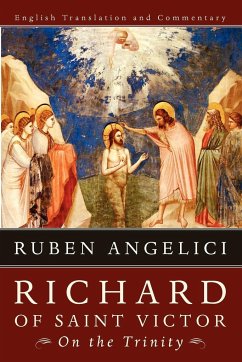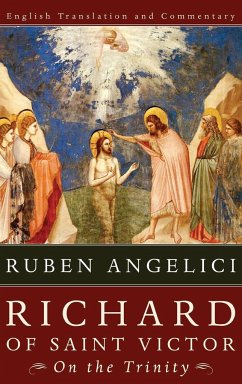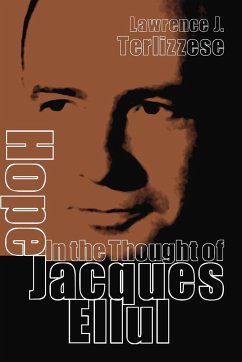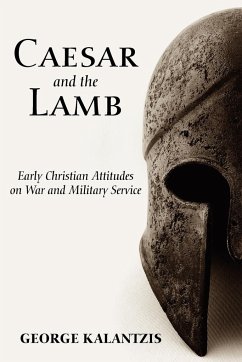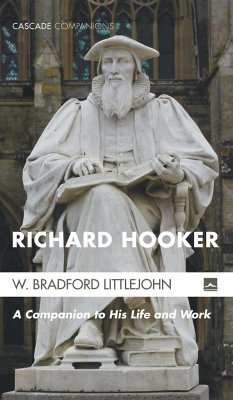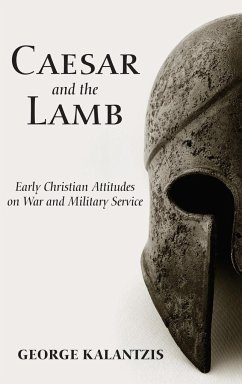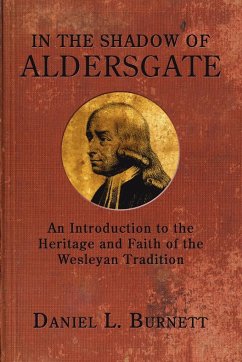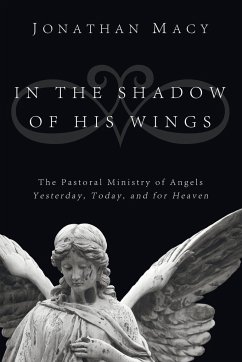Very few in the history of the church have not struggled with the dogma of the Trinity. Those who have not dismissed it as incomprehensible gibberish have found it a battlefield for division and misunderstanding. Even Christians, who adhere to the faith of the Creeds, have often found such dogma difficult to grasp. Richard of Saint Victor, a twelfth-century Scottish monk and Prior in the Abbey of Saint Victor, is emblematic in this struggle: ""I have often read that there is . . . [only] one God . . . I have also read . . . that he is one and triune . . . But I do not remember having read anything on the evidences for these assertions."" Richard's theological response stems from a profoundly mystical life of prayer, which, in the Spirit, seeks to involve the mind, in continuation with the great Augustinian and Anselmian tradition. Ultimately, he presents a trinitarian model, intelligible to a Western context but which could also awake admiration from Greek theologians. Today Richard's dogmatics could represent a bridge for dialogue between different traditions. For the first time this theological masterpiece is being made available, unabridged, in English to allow a broader theological public to benefit from Richard's accomplishments. The translation offered here attempts to provide a clear and flowing text, while remaining as literally faithful as possible to the original Latin.

